Nine To Noon for Wednesday 12 July 2023
09:05 More evidence of mortgage pain hitting

Photo: fantasista/123RF
Home loan interest rates are still rising despite the Reserve Bank signalling at its last review that cash rate hikes may be at an end for now. The central bank will release its latest official cash rate this afternoon. Most economists are expecting the OCR to hold at 5.5 percent. All five major banks lifted their home loan rates over the past week ahead of today's OCR announcement. Already, 19,500 mortgages are behind on payments, which will increase, as rising interest rates bite. The confidence of homeowners has also taken a hit, with a new survey finding three percent of mortgage holders fear they'll have to sell their homes over the next year as a result of higher interest rates. A further 70 percent are worried about how they'll afford their repayments when they refix their loans. To discuss the situation, Kathryn speaks to Keith McLaughlin, the managing director of the credit bureau Centrix.
09:30 Why are mortgage rates still rising despite Reserve Bank signals on OCR?
All five major banks lifted their home loan rates over the last week. While most commentators are expecting the official cash rate to stay at 5.5 percent today, other countries' central banks are beginning to ramp up their tightening programmes, and are catching up on New Zealand's comparatively high cash rate. What will this mean for the strength of the New Zealand dollar, and therefore, the price of imports? Kathryn speaks with Jarrod Kerr, the chief economist at KiwiBank.

Photo: 123rf
09:30 Lack of progress from electricity retailers for mandatory minimum standards
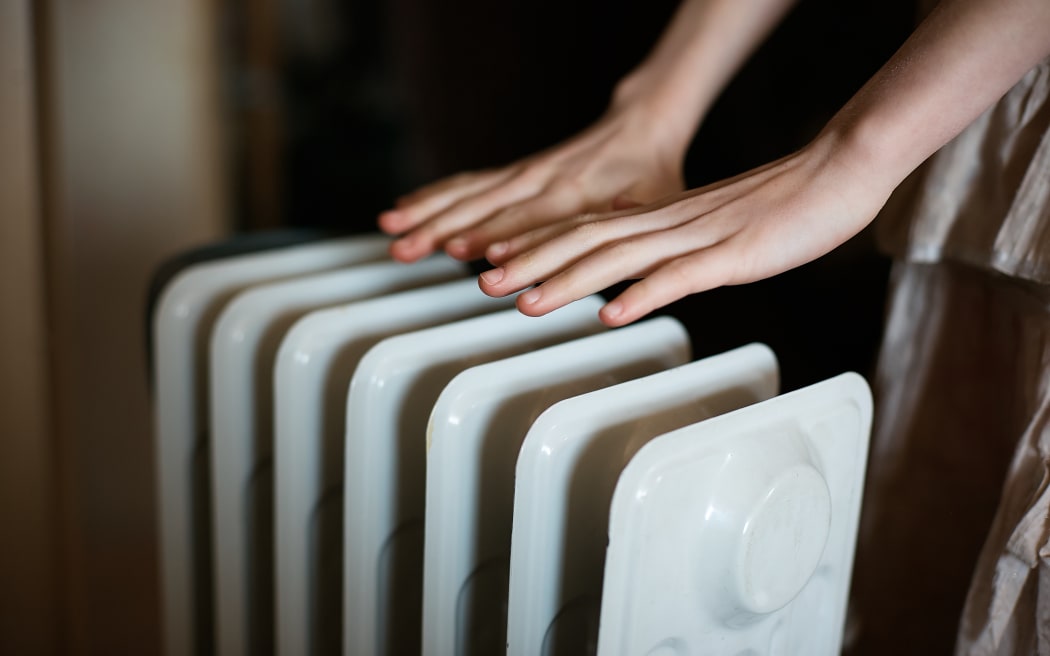
Photo: 123rf
Vulnerable and medically dependent electricity consumers still lack the protections that were recommended four years ago. In 2019, the Electricity Price Review made a series of recommendations to the sector, with the government supporting most of them. One recommendation was to establish, within 12 months, mandatory minimum standards to protect vulnerable and medically dependent consumers, particularly the process around disconnecting power when people are unable to pay their bills. But the Consumer Advocacy Council is questioning why, four years later, no progress has been made to introduce these standards. Kathryn speaks with Deborah Hart, the chair of the council, an independent advocate for residential and small business electricity consumers.
09:45 Australia: Damning Robodebt report, Voice vote + racism
Australia correspondent Bernard Keane joins Kathryn to talk about the damning royal commission report into the Robodebt scheme, where beneficiaries were chased for debt and private debt collectors were paid commissions for retrieving money from them. He'll look at which politicians have singled out for criticism for their part in the process - including former Prime Minister Scott Morrison. Bernard will also look at the Voice to Parliament referendum and why the "No" campaign thinks it's well-placed to defeat it.

Photo: AFP
10:05 Author Emily Perkins releases new novel Lioness
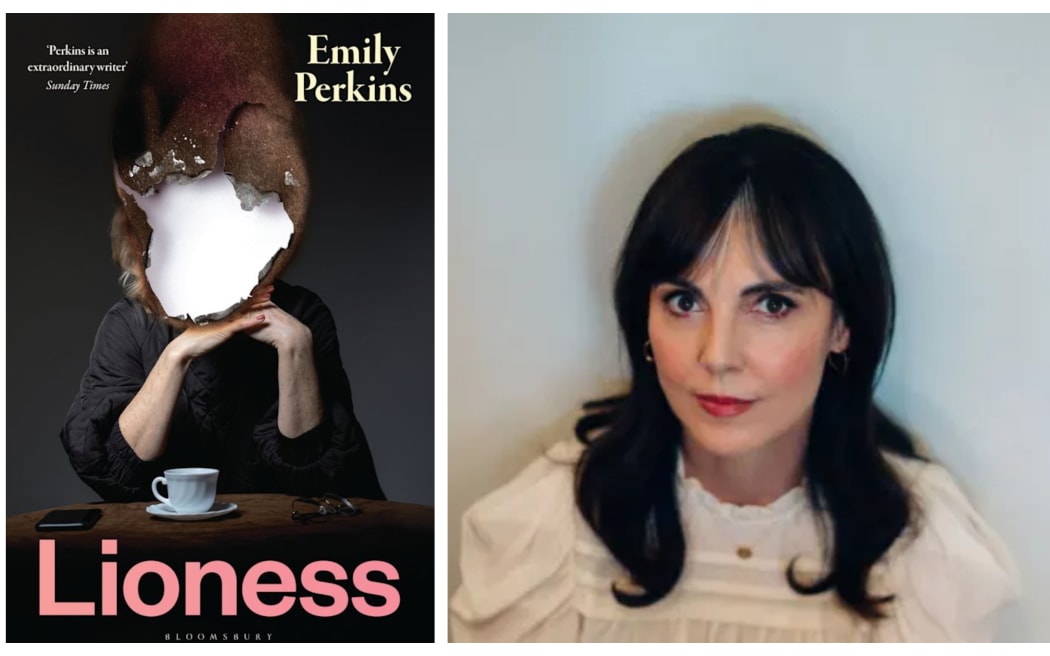
Photo: Ebony Lamb/Supplied
Author Emily Perkins has been brewing the concept of her new novel for a long time. And after many, many drafts, Lioness finally hit the shelves last week. It's her first new release in a decade, and one widely anticipated by the many followers of the award-winning contemporary writer. Perkins first won attention in 1996 with her first collection of stories, Not Her Real Name and Other Stories. Her other novels include The New Girl, Novel About My Wife, and The Forrests. Last year her play about AI - The Made - was produced by Auckland Theatre Company in 2022. She is also a teacher of creative writing , with connections to the Institute for Modern Letters at Victoria University of Wellington, and to Auckland University. Her new release Lioness, published by Bloomsbury, follows Therese, whose privileged world is shaken when her husband is accused of corruption.
10:35 Book review: Ink Blood Sister Scribe by Emma Törzs
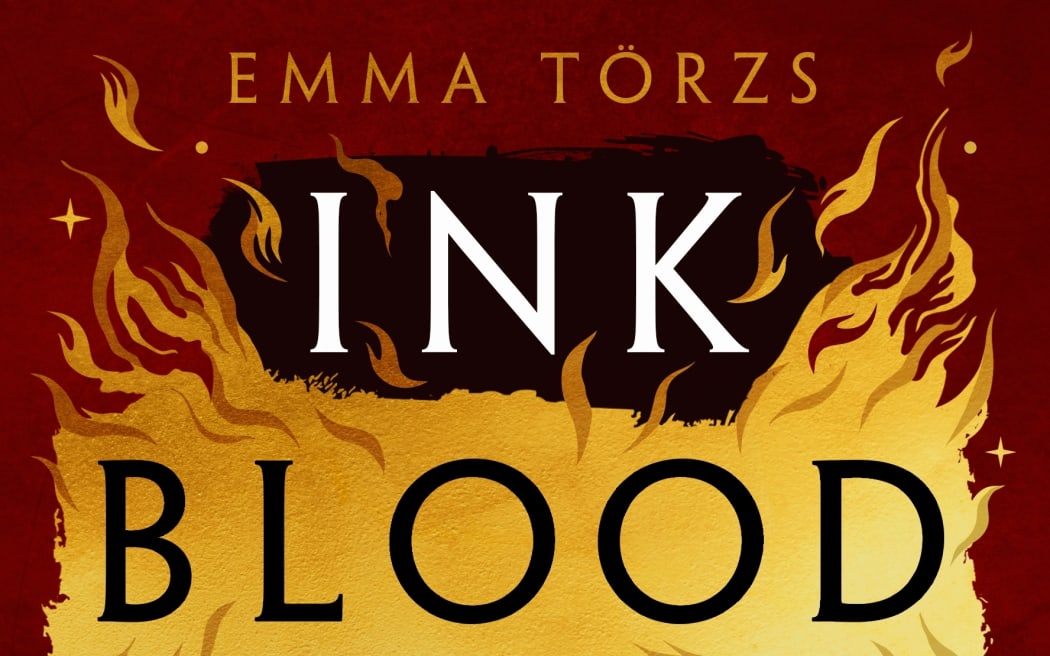
Photo: Penguin Random House
Jessie Bray Sharpin reviews Ink Blood Sister Scribe by Emma Törzs published by Penguin Random House
10:45 Around the motu: Todd Niall in Auckland

Photo: RNZ / Lucy Xia
Stuff Senior Auckland Affairs Journalist Todd Niall takes us behind the bus drivers strike in the city and talks about the complex funding formula in which the budget constraints at Auckland Council and Auckland Transport, are hampering union efforts to secure a $30 an hour basic pay rate - the same which is paid for its members in Wellington. And now that the Auckland Council budget is sorted, thoughts are turning to to the city's commitment to reducing carbon emissions from transport - which need to be cut by 64% by 2030 to meet overall climate targets.
11:05 Music with Kirsten Zemke
11:30 Electrician-turned-author Hira Nathan on creating the first gratitude journal with te ao Māori at its core
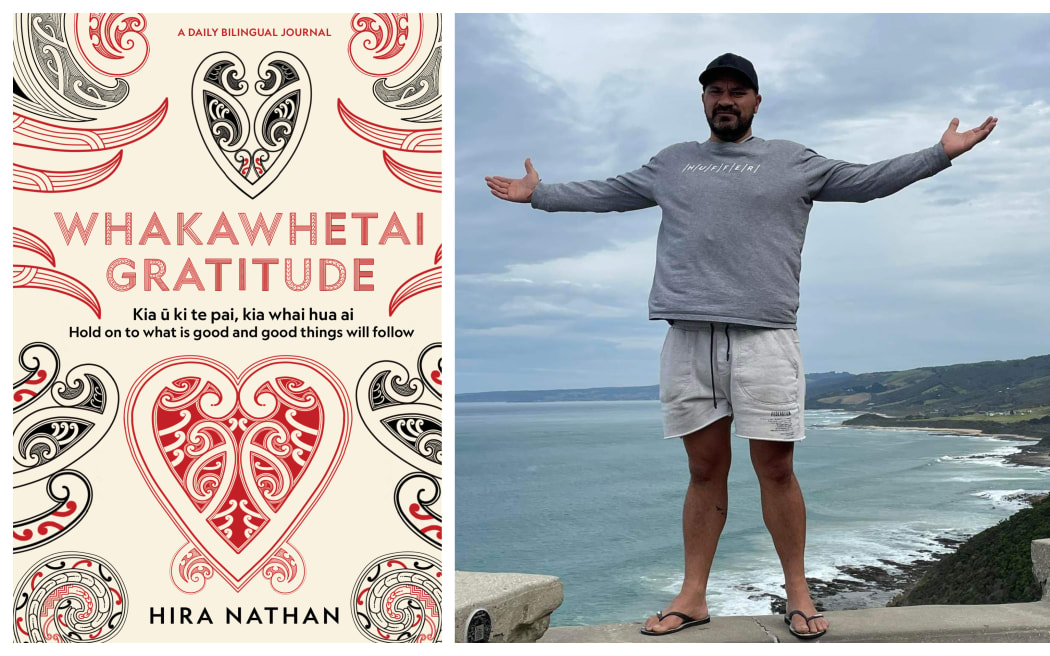
Photo: supplied
Hira Nathan takes that Kiwi can-do attitude into everything he does, from doing up houses, working as a sparky, to his latest venture - creating the worlds first bilingual gratitude journal with te ao Māori. Hira self published the Whakawhetai journal with the intention of maybe a few family and friends buying it - only to end up selling 3000 copies by himself. Whakawhetai journal was then picked up by publisher, Allen and Unwin, and his gratitude journal is now available in Whitcoulls stores around the country.
11:45 Science: Smart watches and Parkinson's, round electrons, crude oil-free painkillers
Science commentator Allan Blackman joins Kathryn to talk about how smart watches could identify Parkinson's disease up to seven years before tell-tale symptoms appear. Electrons are round! How round? Very round! Allan will talk about why the discovery of their exactness matters. And did you know most common painkillers use chemicals from crude oil products? Researchers in the UK have managed to make them from pine trees instead.
Allan Blackman is a Professor of Chemistry, School of Science, Auckland University of Technology.
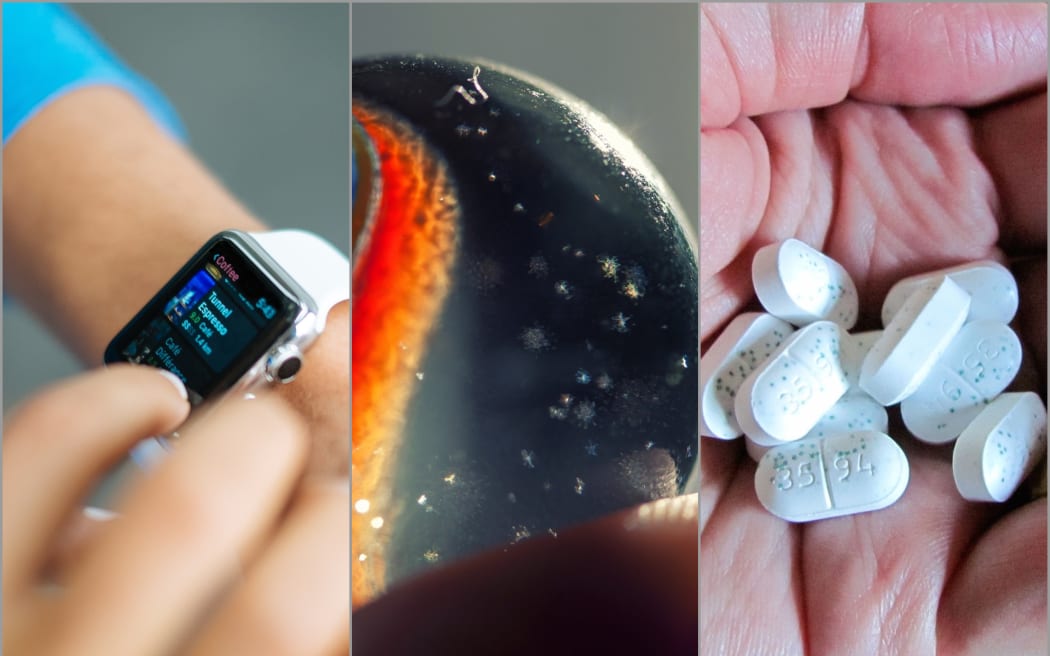
Photo: Pixabay







